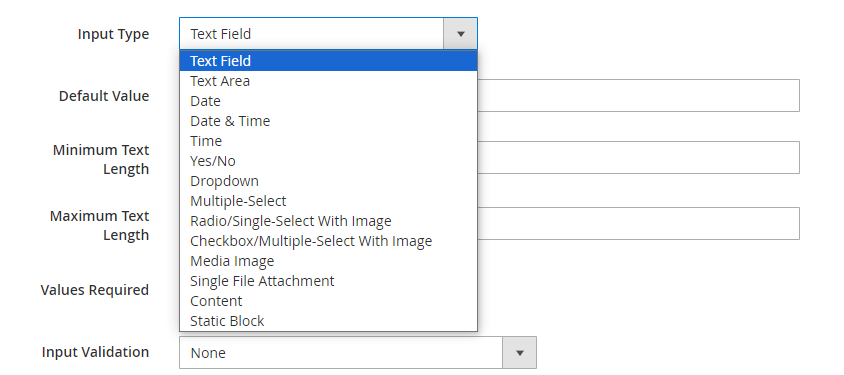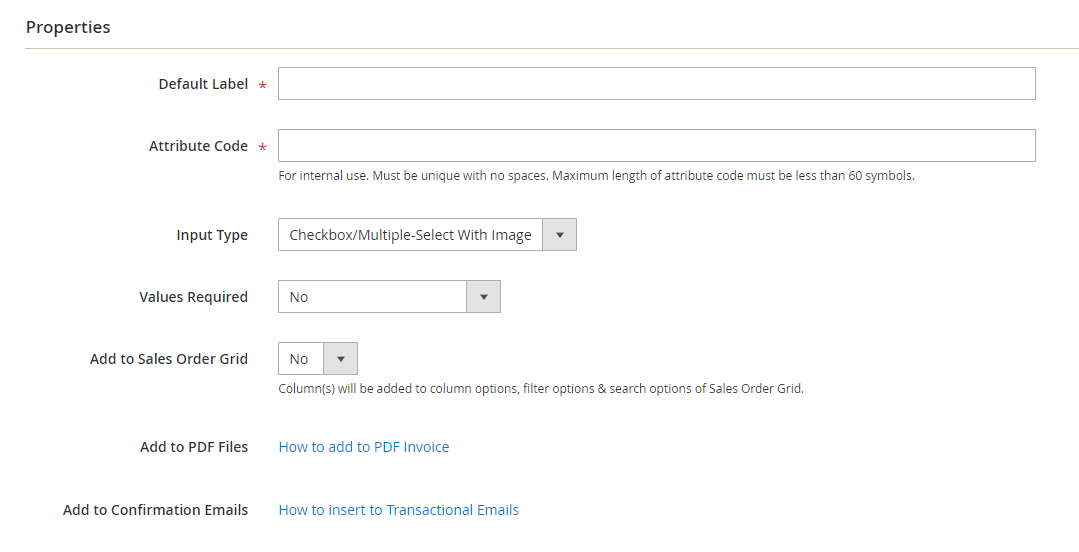Hyvä Theme is Now Open Source: What This Means for Magento Community - Mageplaza
Hyvä is now Open Source and free. Discover what changed, what remains commercial, how it impacts the Magento ecosystem, and how to maximize its full potential.

Magento’s default configuration provides basic functionality for the checkout process, but relying only on the default setup may not collect valuable data for store owners. Forward-thinking entrepreneurs often find ways to enhance the checkout process by adding a checkbox to the checkout page. This checkbox not only allows customers to select additional options but also collects important customer information for the store owner.
In this article, we’ll explore two methods for adding a checkbox to the Magento 2 checkout page. They consist of customizing code manually or using a Magento Edit Checkout Fields.
Firstly, create a new file named in the below-given path
VendorName/ModuleName/view/frontend/layout/checkout_index_index.xml
This file depends on the Magento_Checkoutmodule to customize the checkout page.
Note: Replace VendorName and ModuleName with the actual module names in your custom module.
Under the folder VendorName/ModuleName/view/frontend/web/js/view, create a custom JavaScript file named yourcustom.js.
Now, add the below-mentioned code:
define(
[
'ko',
'uiComponent'
],
function (ko, Component) {
"use strict";
return Component.extend({
defaults: {
template: 'VendorName_ModuleName/yourtemplatefileName'
},
isRegisterNewsletter: true
});
}
);
In the folder VendorName/ModuleName/view/frontend/web/template, create a theme extending file named yourtemplatefileName.html.
<div class="col-mp mp-12">
<input type="checkbox" name="newsletter" data-bind="checked: isRegisterNewsletter, attr: {id: 'place-order-newsletter'}"/>
<label data-bind="attr: {for: 'place-order-newsletter'}"><span data-bind="i18n: 'Custom checkbox'"></span></label>
</div>
Finally, add JavaScript-powered components to the checkout page layout, using an HTML file as a template, located at
VendorName/ModuleName/view/frontend/layout/checkout_index_index.xml
<page xmlns:xsi="http://www.w3.org/2001/XMLSchema-instance" layout="1column" xsi:noNamespaceSchemaLocation="urn:magento:framework:View/Layout/etc/page_configuration.xsd">
<body>
<referenceBlock name="checkout.root">
<arguments>
<argument name="jsLayout" xsi:type="array">
<item name="components" xsi:type="array">
<item name="checkout" xsi:type="array">
<item name="children" xsi:type="array">
<item name="steps" xsi:type="array">
<item name="children" xsi:type="array">
<!-- Modifying an existing step-->
<item name="shipping-step" xsi:type="array">
<item name="children" xsi:type="array">
<item name="shippingAddress" xsi:type="array">
<item name="children" xsi:type="array">
<item name="before-form" xsi:type="array">
<item name="children" xsi:type="array">
<item name="newsletter" xsi:type="array">
<item name="component" xsi:type="string">VendorName_ModueName/js/view/yourcustom</item>
</item>
</item>
</item>
</item>
</item>
</item>
</item>
</item>
</item>
</item>
</item>
</item>
</argument>
</arguments>
</referenceBlock>
</body>
</page>
Another way to create multiple checkboxes or additional fields within minutes is to use Magento 2 Custom Checkout Fields extension. With this extension, you can generate new fields directly from your admin panel without requiring any programming skills.
Magento 2 Custom Checkout Fields allow online owners to add and customize additional fields to the checkout pages. With this module, businesses can efficiently collect essential customer information through 14 input types, including text field, text area, date, date & time, yes/no, dropdown, multiple-select, radio/ single-select with image, checkbox/ multiple-select with image, media file attachment, content, and static block.

You have the flexibility to add custom fields and position them anywhere on your checkout pages. This allows you to create concise surveys and collect valuable customer data. From the results, you can quickly address any issues that impact your website’s shopping experience and enhance your business’s brand.
Furthermore, this module packs in extra outstanding features for store owners.
Here is the step-by-step guide to adding a checkbox to the checkout page via Magento 2 Custom Checkout Fields extension:
Navigate to Mageplaza > Order Attributes > Manage Attributes
Click Create New Attribute to make a new custom field
Fill in the following details:

In conclusion, adding a checkbox to the Magento 2 checkout page can be achieved through two methods. Apart from direct coding, we suggest using the Magento 2 Custom Checkout Fields extension from Mageplaza to enhance user experience and streamline the transaction process. By following the steps outlined above, you’ll find the best option for your website.